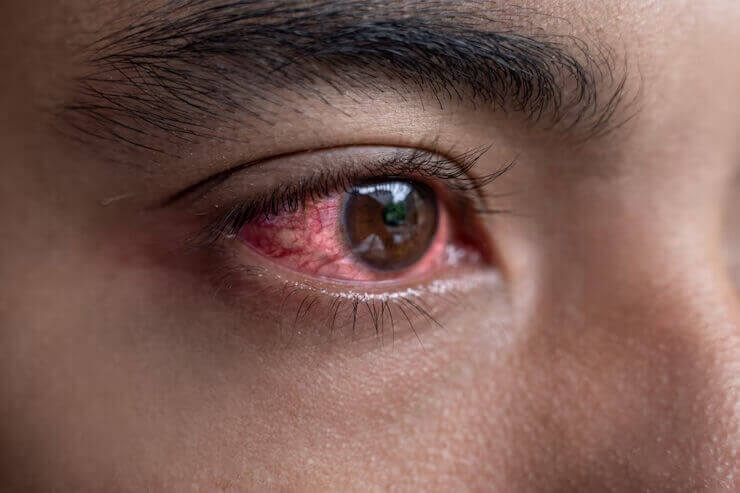Is Photokeratitis Permanent?
One of the most common questions we get asked is, "Is photokeratitis permanent?" While it can cause severe discomfort, photokeratitis usually does not cause permanent damage. The cornea usually heals itself within 24 to 48 hours. However, repeated exposure leading to chronic photokeratitis can cause long-term damage and contribute to conditions like cataracts and macular degeneration.
Alternative Names for Photokeratitis
Photokeratitis is known by several alternative names, which often refer to the circumstances that typically cause the condition. Some of these include:
Snow Blindness: This term is used due to the common occurrence of photokeratitis in snowy environments, where UV rays reflect off the snow, causing intense exposure to the eyes.
Arc Eye: This term is often used in industrial settings, as it refers to photokeratitis caused by exposure to the intense light produced by welding arcs.
Ultraviolet Keratitis: This name refers directly to the cause of the condition, which is overexposure to UV (ultraviolet) radiation.
Welder's Flash or Welder's Burn: Similar to 'Arc Eye,' these terms are often used in the context of occupational exposure, specifically in welding, where workers may be exposed to high levels of UV light.
Remember, regardless of the term used, all these conditions refer to the same issue: damage to the cornea due to overexposure to UV light.














